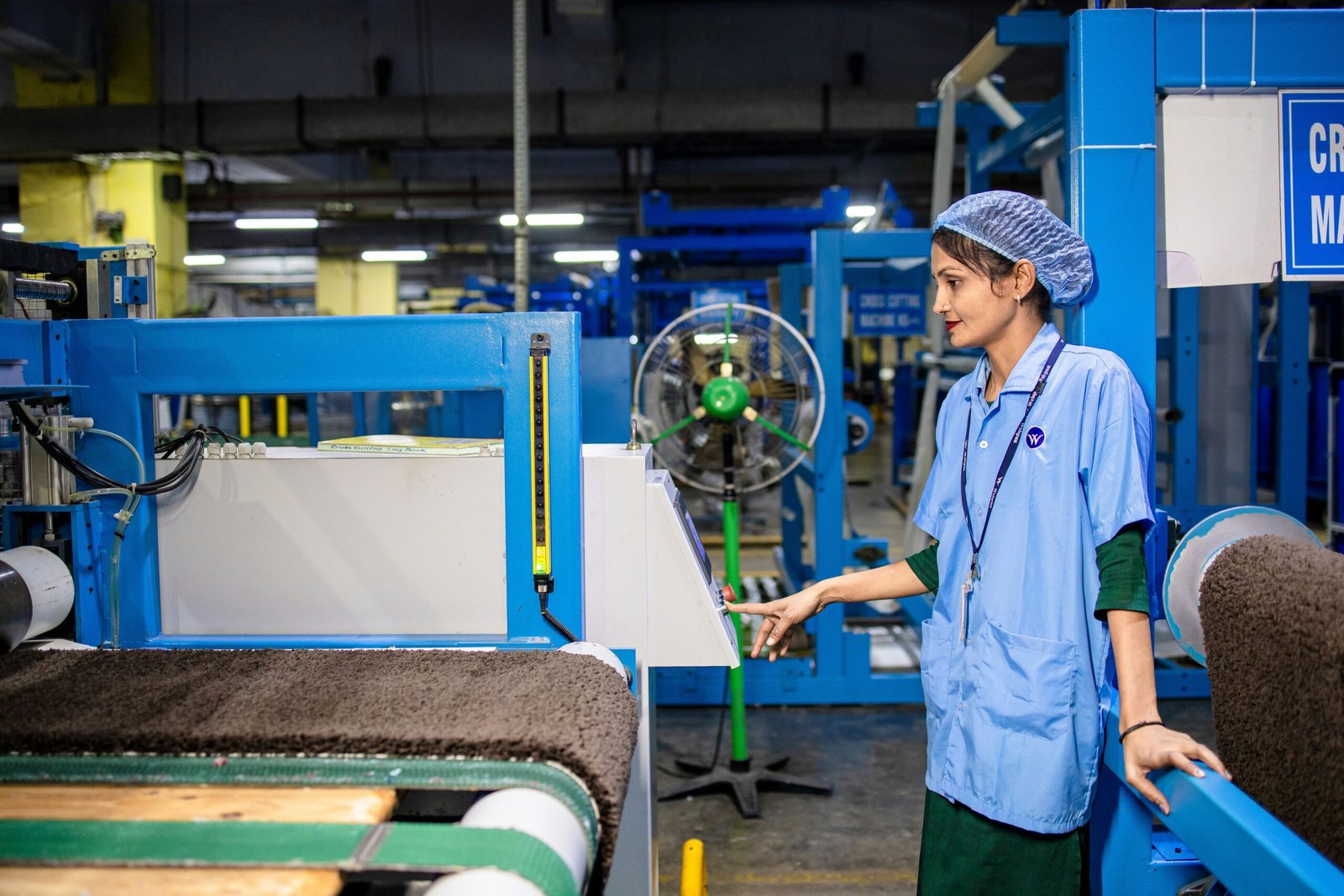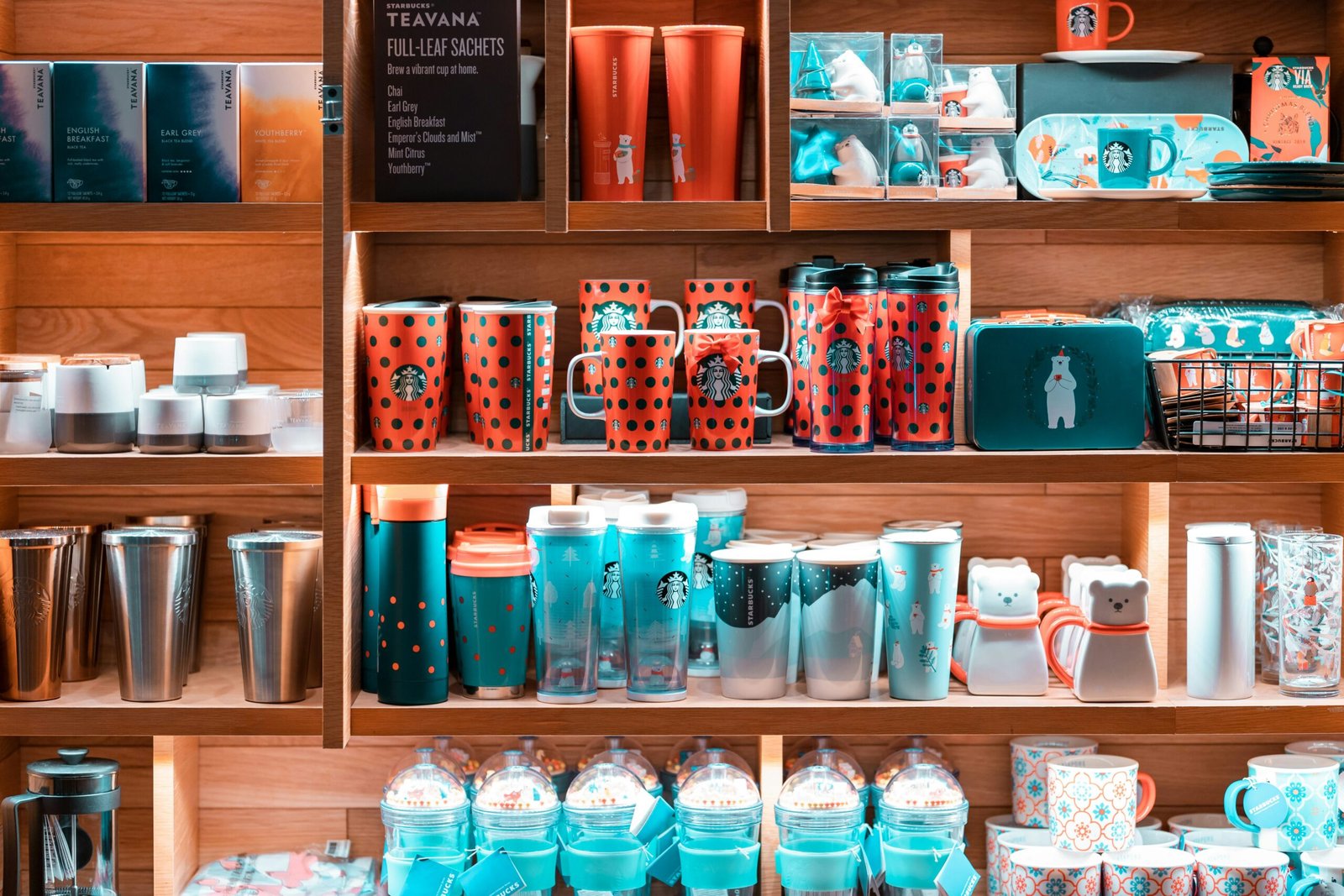Introduction
Across the United States, a growing number of consumers are shifting their focus from mere convenience to mindful decision-making. This transition reflects an awareness of the broader impact of everyday choices on the environment, society, and the economy. Among the key driving forces behind this movement is sustainability—a principle that emphasizes long-term well-being over short-term gain.
Supporting American brands that prioritize sustainability is more than a trend; it’s a responsibility toward preserving natural resources, promoting ethical practices, and strengthening local industries. This guide highlights why sustainable American brands matter, how they operate, and the positive changes they bring to communities and the planet.
Why Sustainability Matters in Modern Consumer Culture
Sustainability is about more than eco-friendly packaging or recycling; it represents a comprehensive approach to production, distribution, and consumption. Brands that embrace this philosophy consider the lifecycle of their products—from raw material sourcing to post-use disposal—and aim to minimize negative impacts at every stage.
Key Benefits of Supporting Sustainable Brands:

-
Environmental Preservation
Sustainable practices reduce carbon emissions, limit resource depletion, and prevent pollution of air, water, and soil. From adopting renewable energy in manufacturing to using biodegradable materials, these brands ensure their operations are in harmony with nature. -
Ethical Labor Practices
Many sustainable American brands go beyond environmental care by emphasizing fair wages, safe working conditions, and ethical treatment of workers across their supply chains. -
Local Economic Growth
Supporting homegrown sustainable brands stimulates the domestic economy, creating jobs and encouraging innovation in clean technology and responsible production. -
Consumer Awareness & Transparency
These brands often provide detailed insights into their sourcing, processes, and sustainability efforts, allowing consumers to make informed decisions aligned with their values.
How American Brands Are Leading the Sustainability Movement
American companies—ranging from fashion labels and personal care lines to tech innovators and food producers—are increasingly weaving sustainability into their identity. Here are some ways they are driving meaningful change:
1. Eco-Friendly Manufacturing Processes

-
Using renewable energy sources like solar or wind in production facilities.
-
Implementing water recycling and waste reduction programs.
-
Switching to low-impact dyes and non-toxic finishes in apparel and home goods.
2. Sustainable Materials
-
Utilizing organic cotton, hemp, bamboo, and recycled fabrics in clothing and home textiles.
-
Introducing compostable packaging and plant-based plastics to minimize landfill waste.
-
Creating durable, long-lasting goods to reduce disposable culture.
3. Carbon Neutral & Zero-Waste Initiatives
-
Companies are offsetting emissions through tree planting and carbon credit programs.
-
Zero-waste facilities ensure that nearly all production scraps are reused or recycled rather than discarded.
4. Circular Economy Models
-
Encouraging product take-back programs to recycle or refurbish items.
-
Designing products that can be easily repaired or repurposed to extend their lifecycle.
Categories of Sustainable American Brands
From fashion to food, sustainability transcends industries. Let’s explore key sectors where eco-conscious American companies are making a difference:

1. Apparel & Accessories
The fashion industry is one of the largest contributors to waste and pollution worldwide, but American sustainable clothing brands are redefining the landscape. These companies:
-
Use natural fibers and recycled textiles.
-
Offer transparent supply chains to highlight ethical labor practices.
-
Focus on timeless designs to encourage long-term use over fast fashion trends.
2. Personal Care & Beauty
Sustainable personal care brands avoid harsh chemicals, microplastics, and excess packaging. Many opt for:
-
Plant-based ingredients.
-
Refillable or biodegradable containers.
-
Cruelty-free testing and certification by recognized organizations.
3. Home Goods & Furnishings
Furniture and home décor companies are embracing eco-friendly practices by:
-
Using reclaimed wood and recycled metals.
-
Applying non-toxic finishes and low-VOC paints.
-
Partnering with certified sustainable forestry programs.
4. Food & Beverage
Organic farming, regenerative agriculture, and local sourcing define sustainable food production. Brands committed to sustainability:
-
Reduce transportation emissions through farm-to-table models.
-
Emphasize minimal packaging and compostable materials.
-
Support biodiversity by working with small-scale, eco-conscious farmers.
How to Identify Truly Sustainable American Brands
With sustainability becoming a marketing buzzword, distinguishing authentic efforts from superficial claims—often referred to as “greenwashing”—is essential. Here are tips to evaluate whether a brand is genuinely eco-conscious:

1. Transparency
Trustworthy brands share detailed reports on their environmental and social impact, including:
-
Carbon footprint assessments.
-
Sourcing methods.
-
Waste management strategies.
2. Certifications
Look for certifications from reputable organizations such as:
-
USDA Organic for food and textiles.
-
Fair Trade Certified for ethical labor.
-
B Corp for social and environmental performance.
-
Cradle to Cradle for circular design and material health.
3. Longevity & Durability
Brands focusing on long-lasting, repairable products demonstrate a commitment to reducing waste.
4. Community Impact
Genuine sustainable brands invest in local communities through education, workforce development, or environmental initiatives.
The Role of Consumers in Supporting Sustainable Practices
Sustainability is a two-way partnership between brands and individuals. While American companies can lead the way in ethical production, consumer engagement ensures long-term success. Here’s how conscious support can make an impact:

1. Choosing Quality Over Quantity
Opting for fewer, high-quality items that are designed to last reduces waste and resource strain.
2. Exploring Alternative Consumption Models
Participating in rental, repair, or resale programs encourages a circular economy.
3. Advocating for Change
Social media engagement, product reviews, and direct feedback to brands encourage further sustainability efforts.
4. Educating Others
Sharing knowledge about sustainable American brands fosters a culture of awareness and responsible decision-making.
The Broader Impact: Strengthening Communities & Preserving the Planet
Supporting American brands that value sustainability has far-reaching implications:

-
Environmental Gains – Lower greenhouse gas emissions, cleaner oceans, and preserved biodiversity.
-
Economic Strength – Increased domestic production and innovation in green technology.
-
Cultural Shift – A growing recognition that conscious consumer choices can reshape industries.
Looking Ahead: The Future of Sustainable American Brands
The sustainability movement in the U.S. is poised for remarkable growth. Advancements in technology, renewable energy, and material innovation are paving the way for even more eco-friendly products and supply chains. Additionally, increased collaboration between brands, regulators, and consumers will continue to drive transparency and accountability across industries.
Conclusion: Choosing a Better Future
Supporting American brands that value sustainability is more than an individual preference—it’s an investment in a cleaner, fairer, and more responsible world. Each conscious choice helps nurture industries that prioritize people, planet, and progress. As awareness spreads, the future of commerce will be defined not by the volume of goods produced, but by the values guiding their creation.